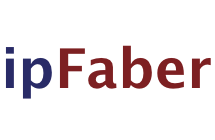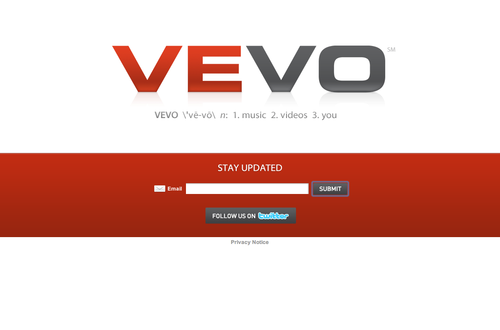
Photo credit: Petr Urbancik
In one of the most compelling and intriguing articles ever appeared on a blog, Ian Rogers, a well regarded Yahoo! executive, urges the music industry to find out a new vision.
The blog, titled “CONVENIENCE WINS, HUBRIS LOSES AND CONTENT VS. CONTEXT” is also a brief history of the music industry as seen from a techno geek of the last 10 years and we want to thank Mr. Rogers for sharing with us his thoughts, and a vision that at IP Faber we are continously proposing since our inception.
Roger’s statement “it’s time we pay closer attention to consumer” is both revolutionary and strategic. Back in 1999 Recording Labels got to know what was Napster, but instead of understanding a changing life phenomenon and offering some kind of alterative, they started suing Napster and other P2P sites and their users.
But P2P is a technology platform, inherent to tcp/ip protocol and is therefore not good or bad in itself, but hey, is so easy to sue a company for infringing copyright! Technology changes at a fast pace, so after Napster and a pletora of other P2P websites, it was the time for Gnutella and P2P software (that actually doesn’t use the website for storing music). Gnutella is basically a way for sharing bits (any kind of electronic data) between 2 computers connected to one or more networks.
Mr. Rogers correctly says that this is “trivial, is physics and unstoppable”.
It’s physics, it’s unstoppable. Period.
That’s why you need to put your energy elsewhere. So he urged music labels to sell their content to their users in the format they were asking for: MP3. Make it easy, he wrote, and convenience will beat free. This was in 1999.
The convenience beats free. They did the opposite: instead of creating a blue ocean, they went for the old-fashioned way and decided to sell music via internet protected with DRM (SDMI, Liquid Audio, Pressplay, Coral, etc). Any success? None. Any hope they’ll ever make it? Nope.
So, the question is: what do costumer want? A nice, fast and secure experience.
Hum, let me think… oh yes, I’ve got it, this is iTunes: friendly interface, easy to use (and buy) platform, good price on quality ratio (well, almost).
Amazon is doing it also better, because it is adding the first DRM free music experience working on any digital player. Music is becoming what it was at the beginning: copyrighted art without Digital Right Management. Ian Rogers acknowledges the same: “Amazon’s finally doing what was clearly the right solution in 1999. Music in the format that people actually want it in, with a Web-based experience that’s simple and works with any device.”
Now let’s go back back to the people who have the power to change things (if they ever want to): what are you guys still waiting for?
(IP Faber: solutions for copyright which makes sense. Contact Us)
Il pensiero di Ian Rogers, responsabile dell’area media di Yahoo! , sollecita l’industria musicale a trovare una nuova dimensione, più attenta a cogliere i segnali che arrivano direttamente dai consumatori. Quando nel 99 scoppiò il caso Napster – scrive Rogers dal proprio blog – non ci si interrogò se qualcosa stava cambiando e che cosa occorreva cambiare, ma si iniziarono una serie di cause contro quei soggetti che si servivano del peer-to-peer per lo scambio di musica digitale non autorizzata. Il P2P è una tecnologia, è qualcosa di fisico… rappresentava un fenomeno inevitabile ed inarrestabile. Eppure le Major – osserva Rogers – non capirono di trovarsi di fronte ad un’opportunità senza precedenti, un mercato vergine da esplorare.
La risposta ai “rischi” del P2P, da parte delle major musicali, fu l’introduzione dei DRM sulla musica fruita daI consumatore. Ma il consumatore vuole veramente musica protetta da DRM? – si interroga Rogers. Il mercato ora sta dando una chiara risposta in senso assolutamente opposto. Tant’è che sia iTunes (iTunes plus) che Amazon (Amazon Mp3)già stanno mettendo a disposizione degli users quello che gli users da tempo cercano: musica senza DRM, scaricabile in modo facile e sicuro ed utilizzabile su apparecchiature diverse.
E non stiamo parlando di musica piratata. Stiamo parlando del mercato musicale del futuro.
(IP Faber: soluzioni per il copyright nel mercato. Contatti)



